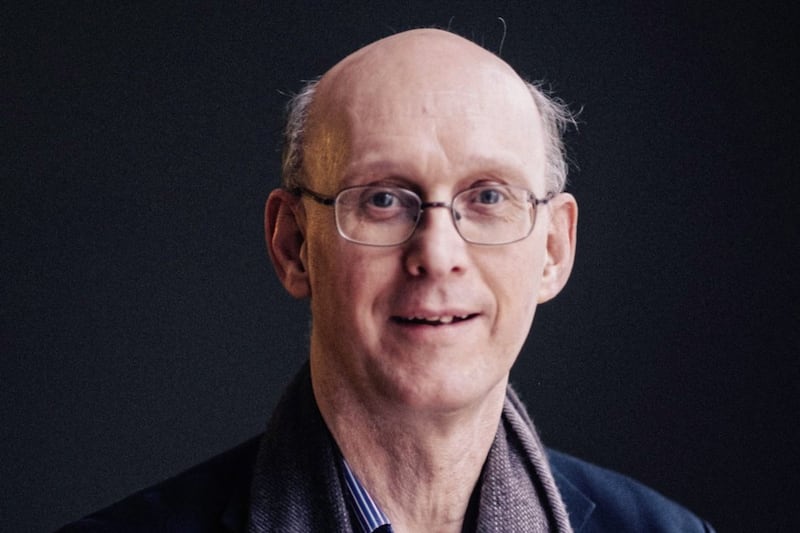Nina: A Story about Me and Nina Simone
Belfast Internationl Arts Festival
The Mac, Belfast
“WHAT WILL it take to change” implores Josette Bushell-Mingo in a captivating one-woman show where she uses Nina Simone's music and political activism to question how far we have come in the fight against racism.
In Nina: A Story about Me and Nina Simone, the Oliver-Award nominated actress draws together tales from the life of the jazz heroine - and her own - to tell what what it means to be black.
It’s a compelling piece of theatre designed to jolt the audience from their comfort zone and see that the racism that drove Simone’s passion and activism in the 60s is still for black people a part of life today.
As Simone used her musical platform to speak out, London-born Bushell-Mingo uses her theatrical platform to deliver the same.
And what’s served up is startlingly uncompromising; an anger-filled rage fest steeped in frustration and disillusionment of the promise of change.
The show opens with a concert in 1969 full of hope for change as Simone starts to sing Revolution but it abruptly ends and the mood sours as her frustration becomes clear: the revolution promised has not been delivered.
A silent theatre listens as she speaks of Lacquan McDonald who was shot 16 times by police in Chicago in 2013. She stamps her foot for each bullet telling how it took almost 14 seconds to fire the shots into the black teenager.
And as she rattles off a list of other killings she reflects on the Black Lives Matter campaign and asks, with incredulity, why those three words even have to be said at all.
The performance charts elements of Simone’s life; her rise to fame but her experiences of racial prejudice and the strength she exuded in her fight for "my people".
She tells of Simone’s disappointments and recounts how when her parents came to watch her play as a child, they had to give up their seats for a white couple to sit in the front row.
She goes to say how starkly Simone said if she had her way 'she would have been a killer' as her anger and disillusionment with events spilled over.
The production is peppered with little vignettes from Bushell-Mingo's own life including the first time she saw Simone on TV and the immediate connection she felt drawing strength from her heroine.
Although there are moments of levity the audience are always left feeling slightly uncomfortable, particularly so when she asks they how they would feel if she had a gun and she was desperate enough to use it on them.
Challenging the audience to keep with this desperate thought for what seems like the longest time, she attempts to draw them to a dark uncomfortable place.
The show ends with a return to the 1969 concert as Bushell-Mingo and her three-man band deliver some of her heroine's finest songs including Mississippi Goddam, I love you Porgy, Feeling Good, Sinner Man and Four Women with the final song, I Wish I Knew How It Would Feel To Be Free, leaving them contemplating the significance of words they perhaps hadn't given much thought to before.








